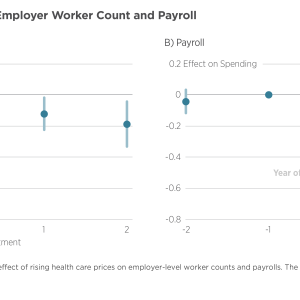- About
- Initiatives
- Research Initiatives
- Big Data Initiative
- Chicago Experiments Initiative
- Health Economics Initiative
- Industrial Organization Initiative
- International Economics and Economic Geography Initiative
- Macroeconomic Research Initiative
- Political Economics Initiative
- Price Theory Initiative
- Ronzetti Initiative for the Study of Labor Markets
- Research Initiatives
- Scholars
- Research
- Seeing like a Citizen: Experimental Evidence on How Empowerment Affects Engagement with the StateSoeren J. Henn, Laura Paler, Wilson Prichard, Cyrus Samii and Raul Sanchez de la SierraSocial Origins of Militias: The Extraordinary Rise of “Outraged Citizens”Gauthier Marchais, Christian Mastaki Mugaruka, Raul Sanchez de la Sierra and David Qihang WuOn the Origins of Direct Rule: Armed Groups and Customary Chiefs in Eastern CongoSoeren J. Henn, Gauthier Marchais, Christian Mastaki Mugaruka and Raul Sanchez de la Sierra
- Events
Upcoming Events
Past Events
- Insights
BFI Videos
BFI Youtube Channel
- News










